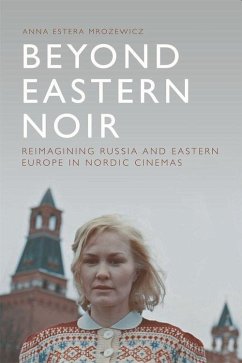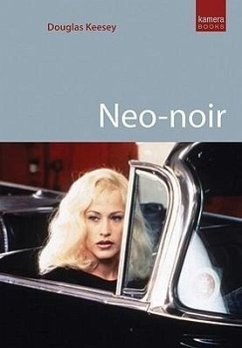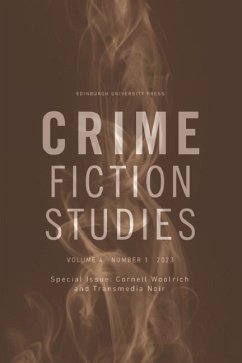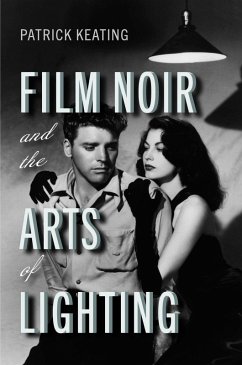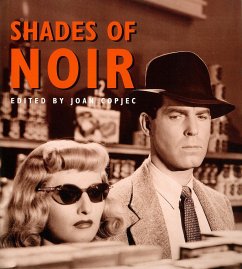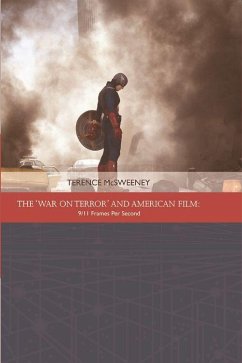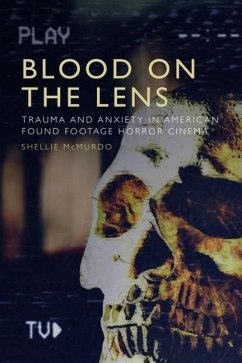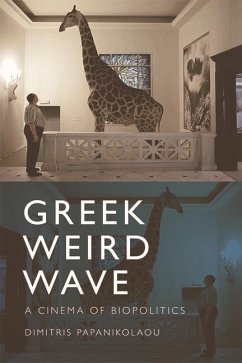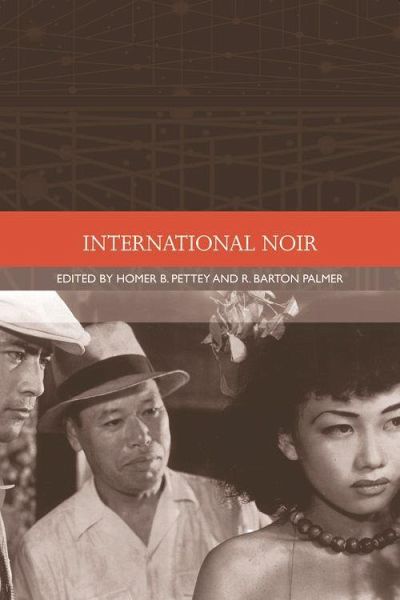
International Noir
Versandkostenfrei!
Versandfertig in über 4 Wochen
40,99 €
inkl. MwSt.
Weitere Ausgaben:

PAYBACK Punkte
20 °P sammeln!
Examines the influence of film noir on visual narrative and technique in global cinematic traditions. Following World War II, film noir became the dominant cinematic expression of Cold War angst, influencing new trends in European and Asian filmmaking. International Noir examines film noir's influence on the cinematic traditions of Britain, France, Scandinavia, Japan, Hong Kong, Korea, and India. This book suggests that the film noir style continues to appeal on such a global scale because no other cinematic form has merged style and genre to effect a vision of the disturbing consequences of m...
Examines the influence of film noir on visual narrative and technique in global cinematic traditions. Following World War II, film noir became the dominant cinematic expression of Cold War angst, influencing new trends in European and Asian filmmaking. International Noir examines film noir's influence on the cinematic traditions of Britain, France, Scandinavia, Japan, Hong Kong, Korea, and India. This book suggests that the film noir style continues to appeal on such a global scale because no other cinematic form has merged style and genre to effect a vision of the disturbing consequences of modernity. International noir has, however, adapted and adopted noir themes and aesthetic elements so that national cinemas can boast an independent and indigenous expression of the genre. Ranging from Japanese silent films and women's films to French, Hong Kong, and Nordic New Waves, this book also calls into question critical assessments of noir in international cinemas. In short, it challenges prevailing film scholarship to renegotiate the concept of noir. Ending with an examination of Hollywood's neo-noir recontextualization of the genre, and post-noir's reinvigorating critique of this aesthetic, International Noir offers Film Studies scholars an in-depth commentary on this influential global cinematic art form, further offering extensive bibliography and filmographies for recommended reading and viewing. Key Features * Examines noir's influence on film narrative and technique in several different national cinemas * Covers British, French and Japanese noir as well as the influence of noir on Scandivavian, Chinese and Korean cinema * Includes chapters on neo-noir and post-noir films




